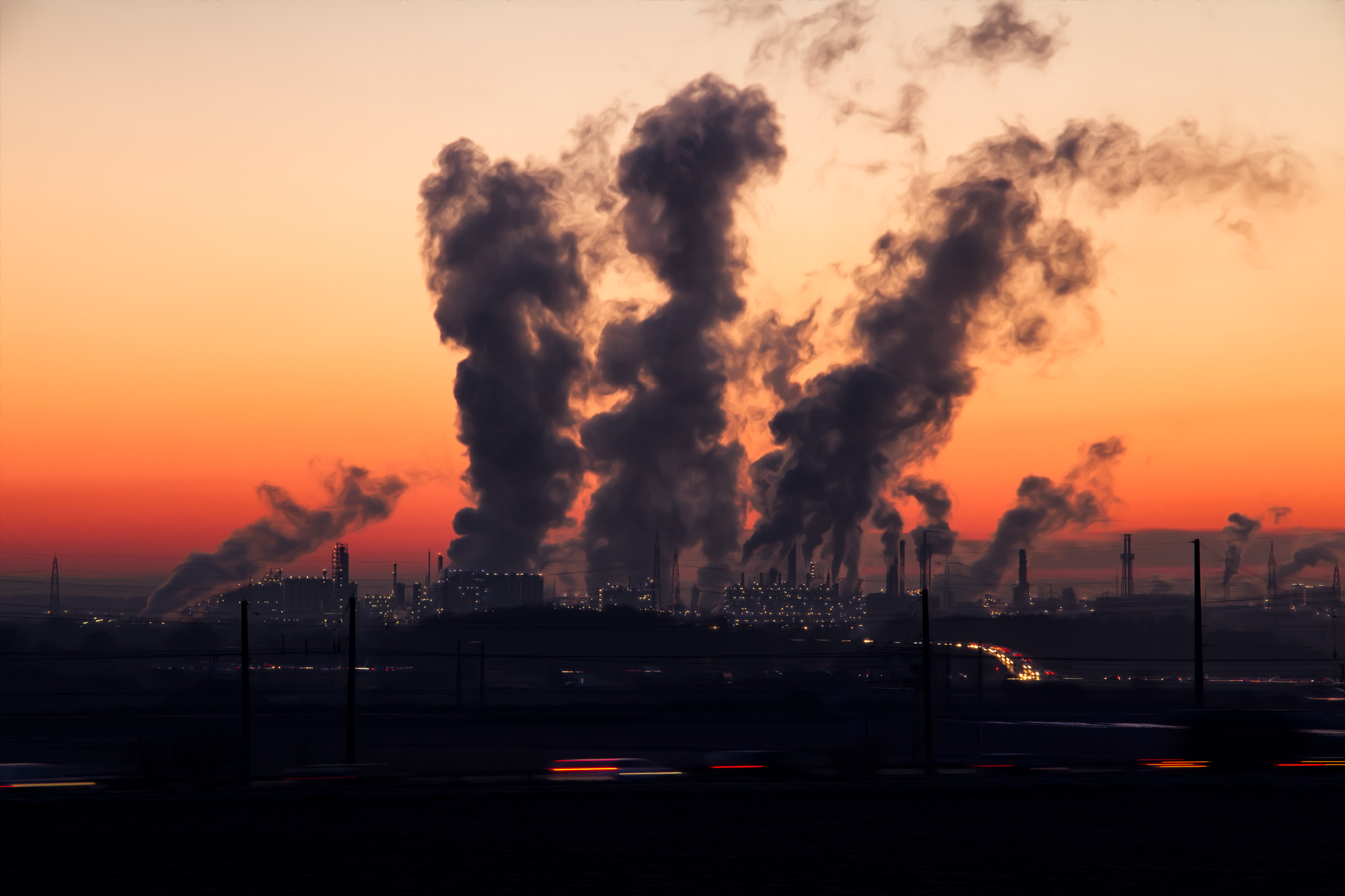
A low-trust society is a terrible thing – and has to be addressed
By Jos Dings, executive directorWHAT WE LEARNED IN 2016: This piece is not to add to the incredible volume of thoughtful analysis on what made Brexit and Trump possible – let alone to offer a solution. It is about what it means for NGOs in general and T&E in particular, and what we can do now.What it means? Put simply, bad news, and not only because the Brexiteers and Trump are no tree huggers. Green and less green politicians come and go after all.
Interested in this kind of news?
Receive them directly in your inbox. Delivered once a week.
What worries me much more is the underlying loss of trust in government, especially among the (big) groups that voted for Brexit and Trump. A recent survey quite convincingly explains that this is more due to fear of being left behind by globalisation than it is related to values. In the US trust is extremely low at 20%, and at 11% among Republicans! Maybe that’s because the divide between the winners and losers of globalisation is wider there than anywhere else in the West. Europe is not much better. Only 28% of Europeans trust their national governments. The EU, at 33%, actually still fares a bit better. It is remarkable that national politicians have such a strong belief that people want their governments to have more power and the EU less.
Why am I so worried about this lack of trust? Because I cannot think of a serious environmental problem – air and water pollution, biodiversity, climate change – that can be addressed without government action. And such action is only possible if people place trust in governments to act for the greater good.
Is there good news? You have to look for it. NGOs still enjoy fairly high levels of trust, among most groups of the population. It has to be said that industry is fast on our heels, and well ahead of media and governments. Maybe Juncker had this in mind when, at the 11th hour, he decided not to put Europe’s nature laws on the chopping block.
But sobbing is not a solution.
Europe should reinvent itself by recognising that it has been an accelerator of globalisation and global competition, but that now the time has come to start managing its impacts on people and the planet.
And no, I don’t mean kneejerk reactions towards refugees and other immigrants. I mean making sure globalisation works for all, not just for multinationals, highly-educated people and those born in affluence. Inequality – in wealth and opportunity – is truly the issue of our times.
Trade policy is the area most in need of reform – the cognitive dissonance of trade negotiators is the highest I have seen in Brussels so far. Talking of kneejerk reactions: please please stop branding those critical of new-style trade deals and their over-the-top clauses on investment protection as ‘anti-Europe’. This is as insulting as it is nonsensical.
Environmental policy fits the bill perfectly; the EU has a great popular mandate in this area. Energy and climate policy is not only beneficial to the climate; it has very convincing benefits for jobs and income distribution, and reducing fossil fuel imports is a friendly way of disarming some of the world’s worst enemies of democracy.
And T&E? We are in a process of strengthening links between the Brussels secretariat and national capitals, to counter the trend where national governments undermine every progressive policy adopted, and blame ‘Brussels’ for all wrongs.
We are very aware that we are small and this is a large problem, but that’s not a good reason not to do it. The friends of Europe and the planet should stand united, and we will.
